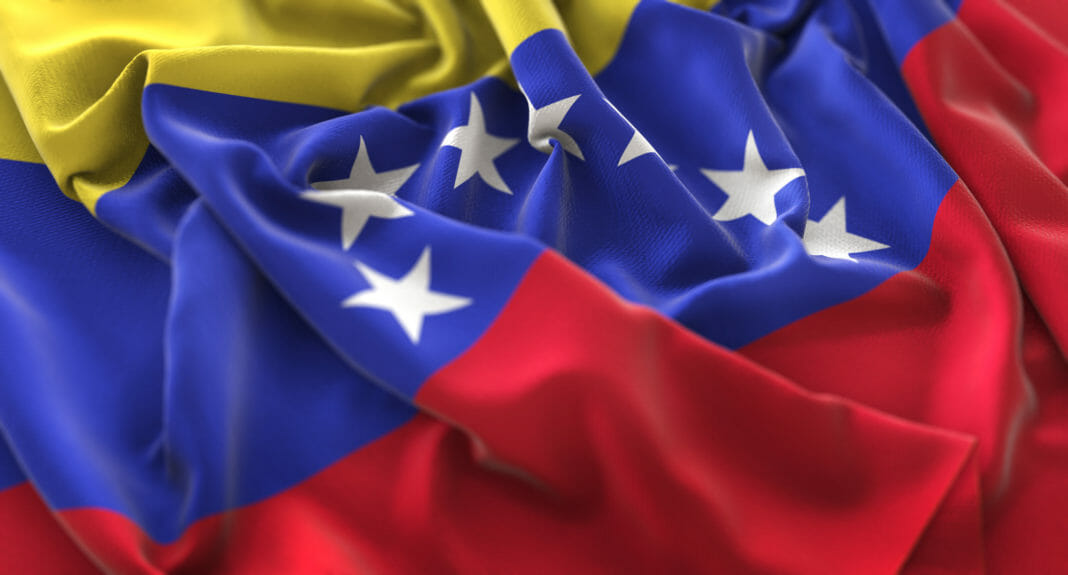New exchange restrictions are applied in Argentina after Alberto Fernández won the presidential elections. In Venezuela, there has been an exchange control to a greater or lesser degree since 2003.
The recent presidential elections in Argentina won by the Peronist Alberto Fernández, immediately gave rise to a more restrictive effect on the country’s exchange policy. A few hours after the event, the Central Bank of the Argentine Republic (BCRA) imposed a monthly purchase limit of USD 200, in the case of bank accounts, and only USD 100 for cash operations.
The exchange rate control reinforces those measures already implemented by the outgoing president Mauricio Macri. It was established last September that companies must request authorization from the BCRA to buy US dollars while individual citizens could buy up to USD 10 thousand per month, at least in theory.
The exchange rate control is well known to Argentines as it was implemented in 2011 by the then-president Cristina Fernández de Kirchner, who is currently Alberto Fernández’s running mate as the country’s elected Vice-President.
Economic and Political Decision
The Argentine situation regarding the exchange control has an example that has been magnified through time in Venezuela, although the reasons for its application are different. In Argentina and most countries where this type of control has existed, the decision to apply it is not aimed at the political aspect but at the economic one.
The opposite is true in Venezuela since the measure is political and permanent. Actually, senior government officials have reiterated it publicly, which fuels distrust among investors. In the oil-producing country, there has been an exchange control since 2003, with multiple mutations.
Instead of seeking more flexibility regarding the exchange situation, these changes were implemented to make it increasingly strict, increasing the bureaucracy in the procedures, with constant reductions in the amount of US dollars available. The result, in combination with other financial decisions, is that the Venezuelan economy has the highest inflation in the world, a double-digit GDP contraction, and migration exceeding four million people.
Bitcoin’s Arrival in Venezuela
Given the tight controls, the shortage of US dollars and growing demand for them, Venezuelans began to seek, since 2009 approximately, new alternatives to obtain US dollars or other national currencies. A mechanism that began to gain ground was that of Bitcoin mining, an activity that has been germinating in the country since 2012 and over the months has become more evident.
People realized that they could skip the State’s establishment and fully enter into the new world presented to them. Then cryptocurrency exchange houses and other services would arrive in order to exchange bitcoins in the face of a new market, a new demand, and a new reality.
In this way, thousands of Venezuelans have managed to avoid the effects of hyperinflation and the economic crisis through Bitcoin. A reflection of this boom is that the demand for the main cryptocurrency on platforms such as LocalBitcoins places the country among the most active in the world in this market.
Argentina Prepares the Land
Argentina is emerging as a candidate to increase the adoption and trade of Bitcoin, as has occurred in Venezuela, in the face of political and economic matters. The most obvious is a political transition, which always gives rise to a certain level of uncertainty among investors.
In this case, it is even greater as the new government will receive an inflationary economy, having a currency that loses value against the US dollar and requiring billions of US dollars in external financing to handle the turbulent situation.
Unlike Venezuela, where a few started mining bitcoins and the expansion was more uphill, the scenario for Argentina looks more fertile as there are multiple ventures related to the crypto-ecosystem, from BTC ATMs and software developers to cryptocurrency exchange houses.
It must also be considered that an increasing number of international companies choose Argentina as their headquarters to offer solutions associated with cryptocurrencies.
This combination could encourage Argentines to see Bitcoin as an alternative to maintain the value of their pesos, transform them into dollars and eliminate the limitations imposed by the State on citizens’ money. While it took Venezuela years to reach the current level of bitcoinization, it might take Argentina only months as they have the necessary infrastructure, human talent, and ability.
By Willmen Blanco











